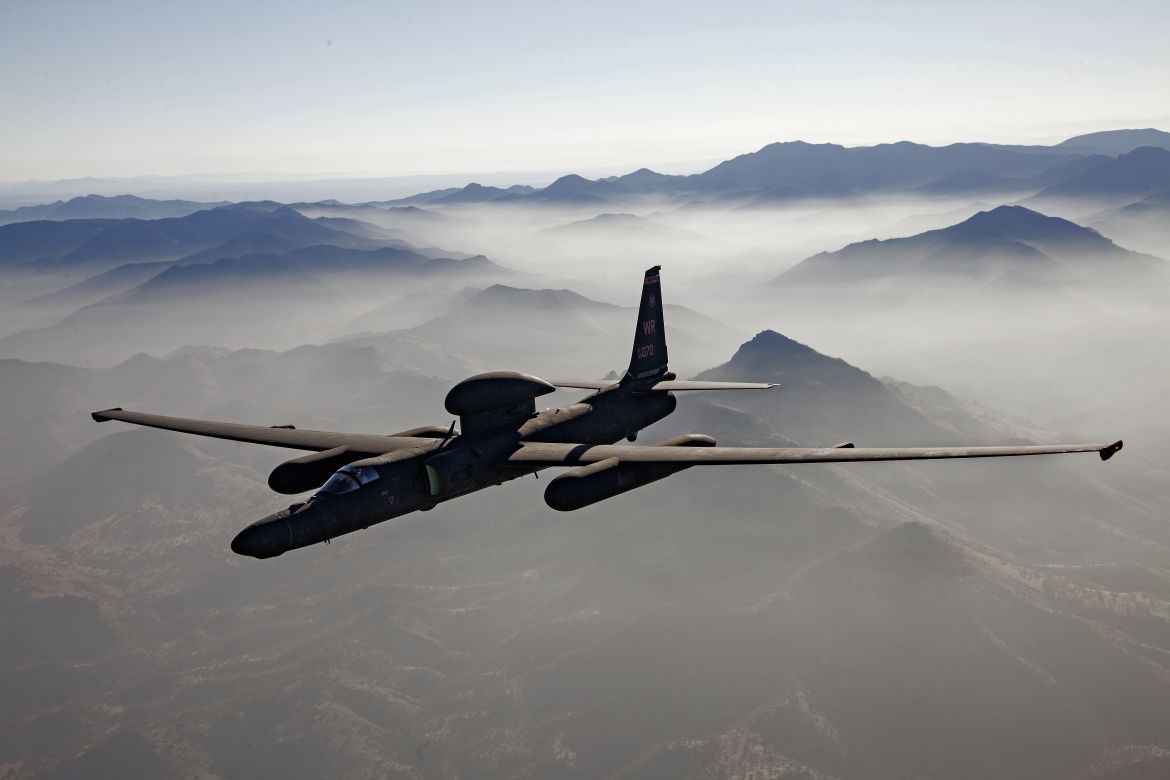- About
- Intara
- Capabilities
- Advisory
- Resources
- News
- Store
17 December 2020
Lockheed Martin conducts U-2 flight with Kubernetes software containerisation technology
by Pat Host
Lockheed Martin in November conducted a flight test mission featuring distributed processing onboard a Lockheed U-2 Dragon Lady high-altitude reconnaissance aircraft via the Kubernetes software containerisation technology, according to a company statement.
The demonstration is progress towards enabling the delivery of enhanced software capability to airborne assets in real time. To accelerate software delivery from months to hours, the Lockheed Martin team leveraged a Kubernetes cloud configuration.

Lockheed Martin in November conducted a flight test mission featuring distributed processing onboard a U-2 via the Kubernetes software containerisation technology. Kubernetes, for military applications, will enable weapon systems to pool onboard computing power to meet advanced system and software needs on demand. (Lockheed Martin)
Kubernetes, for military applications, will enable weapon systems to pool onboard computing power to meet advanced system and software needs on demand, according to a US Air Force (USAF) statement. Kubernetes allows for the deployment of complex applications. It also allows for rolling updates and rollbacks with no downtime.
The U-2 flew a Kubernetes cloud that connected in-flight to a ground node, extending the U-2’s network-of-networks connectivity. USAF open mission systems (OMS)-compliant datalink gateway software services onboard the U-2, and in the ground node with the Kubernetes cloud, disseminated sensor data. This bridged datalinks across assets.
This distributed processing approach enables the cloud computing technology to scale up for advanced mission processing based on the unique needs of the battlespace. Justin Taylor, Lockheed Martin weapon systems engineering director, told Janes on 15 December that the company viewed distributed processing as critically important to the future internet-enabled battlespace.
Already a Janes subscriber? Read the full article via the
Client Login
Interested in subscribing, see What we do
Lockheed Martin in November conducted a flight test mission featuring distributed processing onboard...
Associated services
 Details
Details 